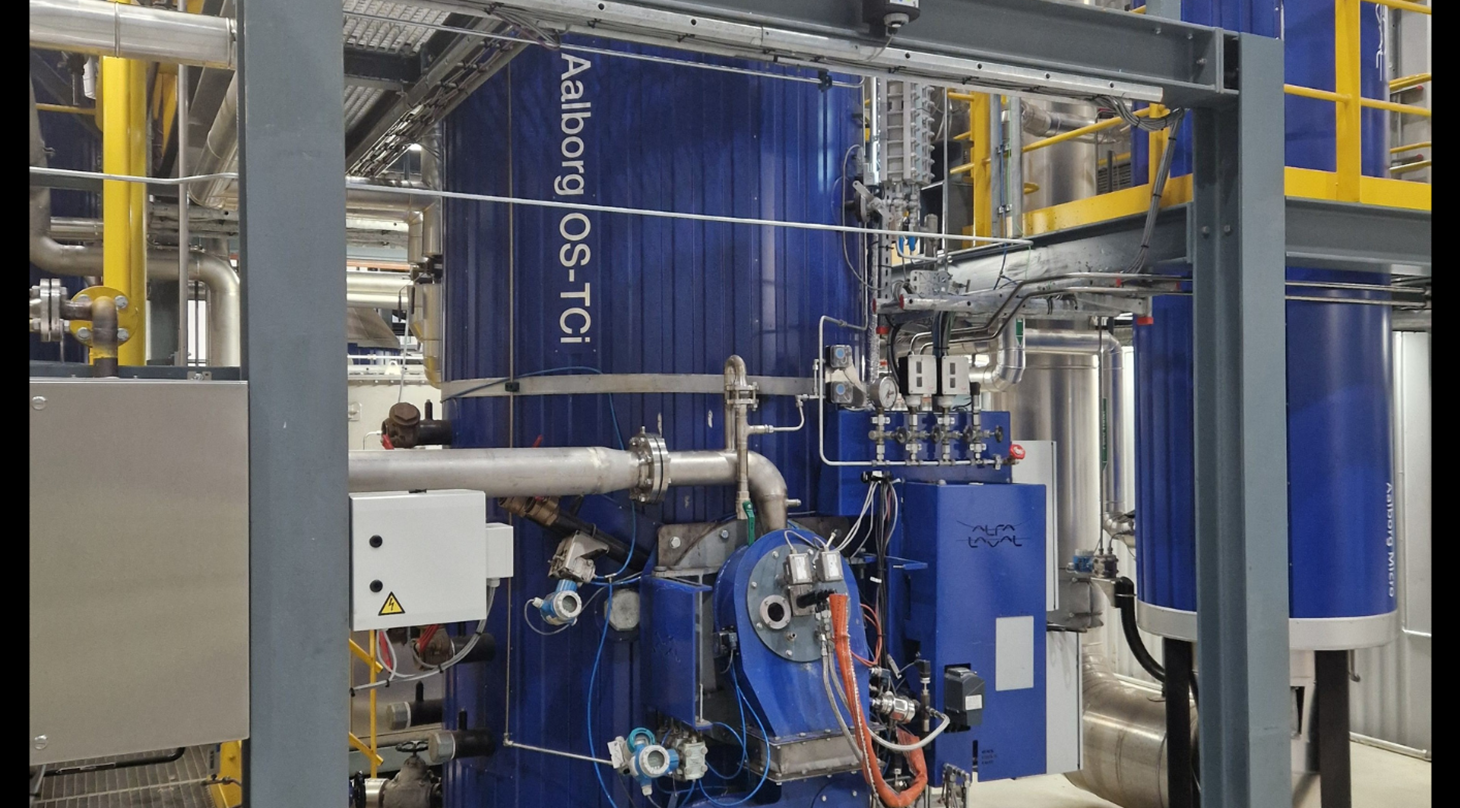
Demonstration on Boiler and Heat Production
At AFLOAT, we are working to make it possible for marine boilers to utilize ammonia - either on its own or blended with hydrogen - as a CO₂-free and safe fuel. The project involves both the development of new burner technology and the optimization of control and safety systems, ensuring that the boilers can operate stably and efficiently without compromising environmental performance or operational reliability.
A particular challenge with ammonia is that it requires new designs and control mechanisms to achieve reliable ignition, complete combustion, and low emissions of undesirable substances. Therefore, we are systematically adapting the technology to meet strict requirements for safety, reliability, and environmental protection.
As a milestone in the project, ammonia will, for the first time, be tested as a fuel in a full-scale marine boiler - specifically at a brand-new test center at Alfa Laval, where conditions simulate real-life ship operation. This makes it possible to test and document solutions under the best possible, realistic conditions.
This work is expected to yield crucial experience and results that can pave the way for the implementation of ammonia as a green fuel - not only in propulsion engines, but also as an energy source for heat production and process steam on future vessels.
Preliminary Results
First milestone: System design and risk assessment
System design and risk assessment have been carried out to ensure stable and reliable operating conditions for the system. The work is particularly targeted at the upcoming tests at the Alfa Laval Aalborg Test and Training Center, but is also intended to build a knowledge base that can be leveraged if the technology achieves commercial application in the global fleet.